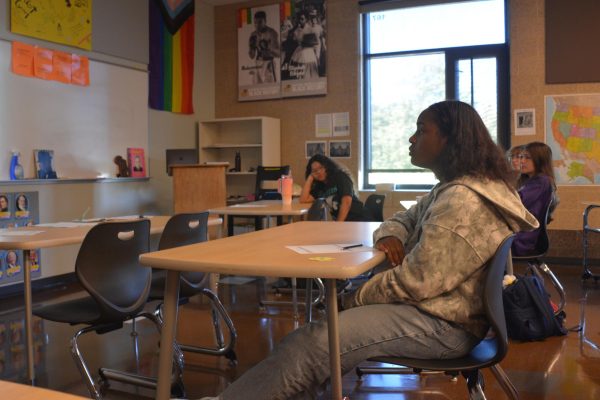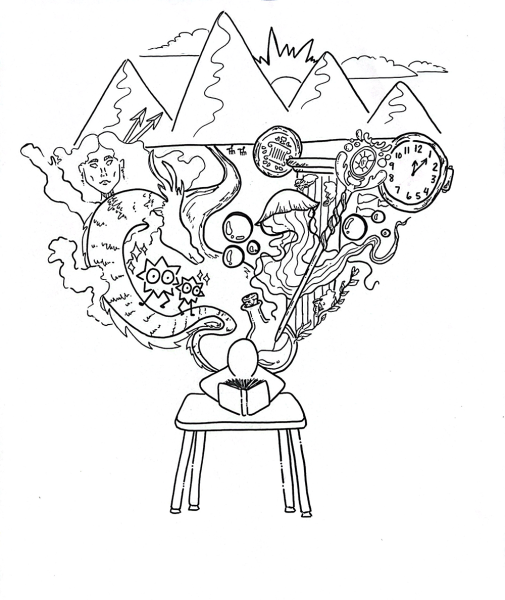Scheduling Season is Here Again

strngwrldfrwl from Japan via Wikimedia Commons
With school buildings empty, the College Board has adapted exams for an at-home format.
This time every year, students meet with their guidance counselors to choose classes for next year.
Guidance counselor Jason Downey, in his first year at BHS, explained the process.
“We are currently scheduling junior students for their senior year,” he said. “We meet with each student and their parents to review their standings as far as transcript review, GPA, senior year course selection and college and/or career preparation.”
Downey feels that this is an effective approach.
“Each meeting is individualized and lasts around an hour,” he said. “This process takes a good amount of time; however, it allows the counselors to have a personal touch in preparing our future seniors for success, and it also involves their parents so as a team we are all on the same page.”
Downey also sees advantages in having the scheduling process begin relatively early, and he encourages students to come in with an open mind.
Of course, students are not always able to get their first choice of classes.
“Conflicts always arise during the schedule process due to limited sections, course recommendations and student requests that do not match up with what is being offered during specific periods,” Downey explained. “Solutions can range from trying another course, waiting another year or semester to take that course, making a decision on which course or career path is more fitting for the student and more.”
From Downey’s perspective, students should challenge themselves and try new things as they learn how to succeed in high school while preparing for college.
There are many reasons why students choose to take certain classes and not others, including filling graduation requirements, meeting expectations of future colleges, recommendations from parents or others and preconceived notions of what a teacher is like.
Junior Josh Bialosky gave an insight into his own scheduling process, especially when it came to the question of how he makes his decisions.
“I think about what will help me achieve what I want to become, as well as make me look appealing to the colleges I want to apply to,” he said. “I like the wide variety of options we have, but I think we shouldn’t have to take a subject if we do not want to pursue a career involving it.”
Junior Matthew Aubourg shared a similar sentiment.
“When deciding what classes to take, I look at my interests and what credits I need to fulfill,” he said. “My advice to students who are new to this process is to stick to your guns and to make sure that you follow your interests.”
If students decide to make a change or if problems arise, modifications can be made as the next school year approaches, a fact that makes these scheduling meetings less stressful.
Bialosky said his scheduling experiences have gone very well throughout high school, adding that he has been able to decide the classes he personally wants every year and is able to take them without any problems.
Aubourg agreed, citing the helpfulness of his guidance counselor’s ability to accommodate his interests. However, he acknowledges this may not be true for everyone.
“I believe BHS does a great job individualizing the process, and we include parents in all aspects, which is vital,” Downey said. “We want student and parents having those discussions early at home. Communication is the key, and starting to prepare students earlier saves a lot on the back end,” he added.



![“My parents have always said that education is important. My parents are Chinese immigrants, I'm Chinese American, [and that's a] value that has always been ingrained in our community,” said Senior Lyndia Zheng, pictured with Tony Zheng](https://bcomber.org/wp-content/uploads/2025/10/DSC_4244-600x400.jpg)





